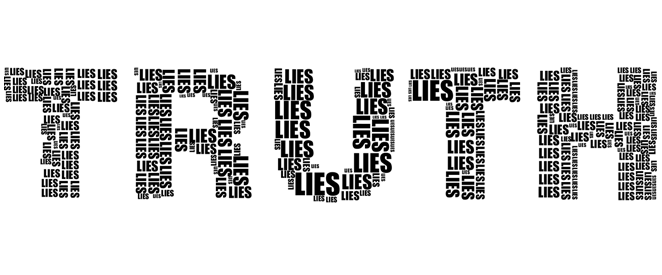@Luis – what a cool uncle…!
Thank you for your answer about the verb lay laid laid. According to your explanation, I believe, the sentence is needing a complement, or could it be intransitive or transitive at the same time?. It should be: ‘The hen has laid many eggs on the right place”. Well, I am seeing now that instead of LAID I had written LAIN. These observations are very good because it is necessary total attention to what one is writing.
When I have doubts about some Math subject, my uncle always bend over backwards for me
I easily get nervous when I get known about something I wouldn’t like to know, and sometimes I jump to conclusions
When I’m happy, I get so carried away that I run off at the mouth!
Rogério and Vera, thank you so much for the comments.
Ernane, in your example you made a little mistake. Look: “The hen has LAID many eggs”
(lie-lay-lain -> deitar-se,ficar deitado,jazer- intransitivo)(lay-laid-laid -> pôr, colocar, deitar alguma coisa – transitivo)
Taking out the word LYING from the context we can have from it the verb LIE. Lie can be two different verbs. One is irregular and the other regular. The first is LIE – LAY – LAIN. The second is LIE – LIED – LIED. For example we can say for the first case: That hen has LAIN many eggs. For the second case we can say: That girl has lied many times.
I am a student and can accept correction to what I have written. Thanks.
Hi Ana Luiza,
I’ve just done my resume today and I didn’t really stretch the truth, including they sent me by email a Cambridge Test to fill in and I’ve gotten 21 score in 25 questions. Well let’s see what’s will be going on. Hugs
it was by a mile one of the best hints you’ve posted since i started fowlling you. thanks for sharing your knowledge once again. it has been a impontant tool to my improvement day by day.


